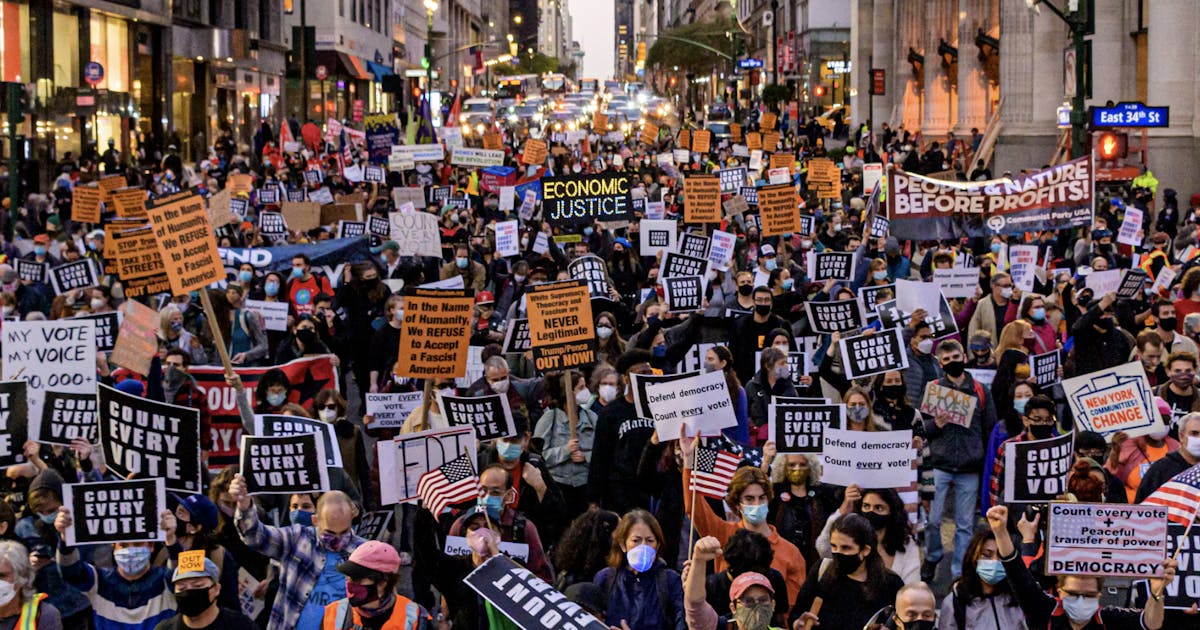Individual freedom is often seen as the core of liberalism (root: liber, free), that most cherished of American values. Yet the practice of freedom hardly holds up to any litmus test of American liberalism. In my recent book, Freedom’s Dominion: A Saga of White Resistance to Federal Power (2022), I found a near two-century history of the practice of Jeffersonian-Jacksonian freedom wielded by white elites to dominate the land, labor, and political power of other people. Freedom for white Americans meant the freedom to control, exploit, subjugate, deny, and even murder. When, for instance, the federal government intervened militarily to back the political rights of formerly enslaved people, elite Alabamians fought the feds with a twisted but enduring version of the liberal ideal. Whites saw federal intervention as a “flagrant and dangerous invasion of the ancient conservative principles of personal liberty and free government.”
Annelien de Dijn’s Freedom: An Unruly History (2020) has a similar finding. As democracy broke out across the North Atlantic, the liberal idea of freedom was mobilized to control the unruly democratic expressions of the people. Freedom, she shows, was not deployed as a source of liberation but as a “formidable reaction against democracy.” In his book Bind Us Apart (2016), Nicholas Guyatt further problematizes Enlightenment liberal values by showing how the founding generations invented, and were committed to, the logic of separate but equal. There never was a place for a multiracial, multicultural (liberal) republic. Men may have been created equal, as some claimed, but they’d have to go be equal somewhere else—for American Indians it was out West, for slaves it was “back” to Africa.
A contemporary “liberal” view looks to foundational moments of expanding access to democracy and economic prosperity—signposts of the American reform tradition. Eras like Reconstruction, the New Deal, and the civil rights era may have been partially inspired by liberalism, but their most salient victories were fostered by forceful departures from it. This is the mobilization of illiberal means for liberal ends.


